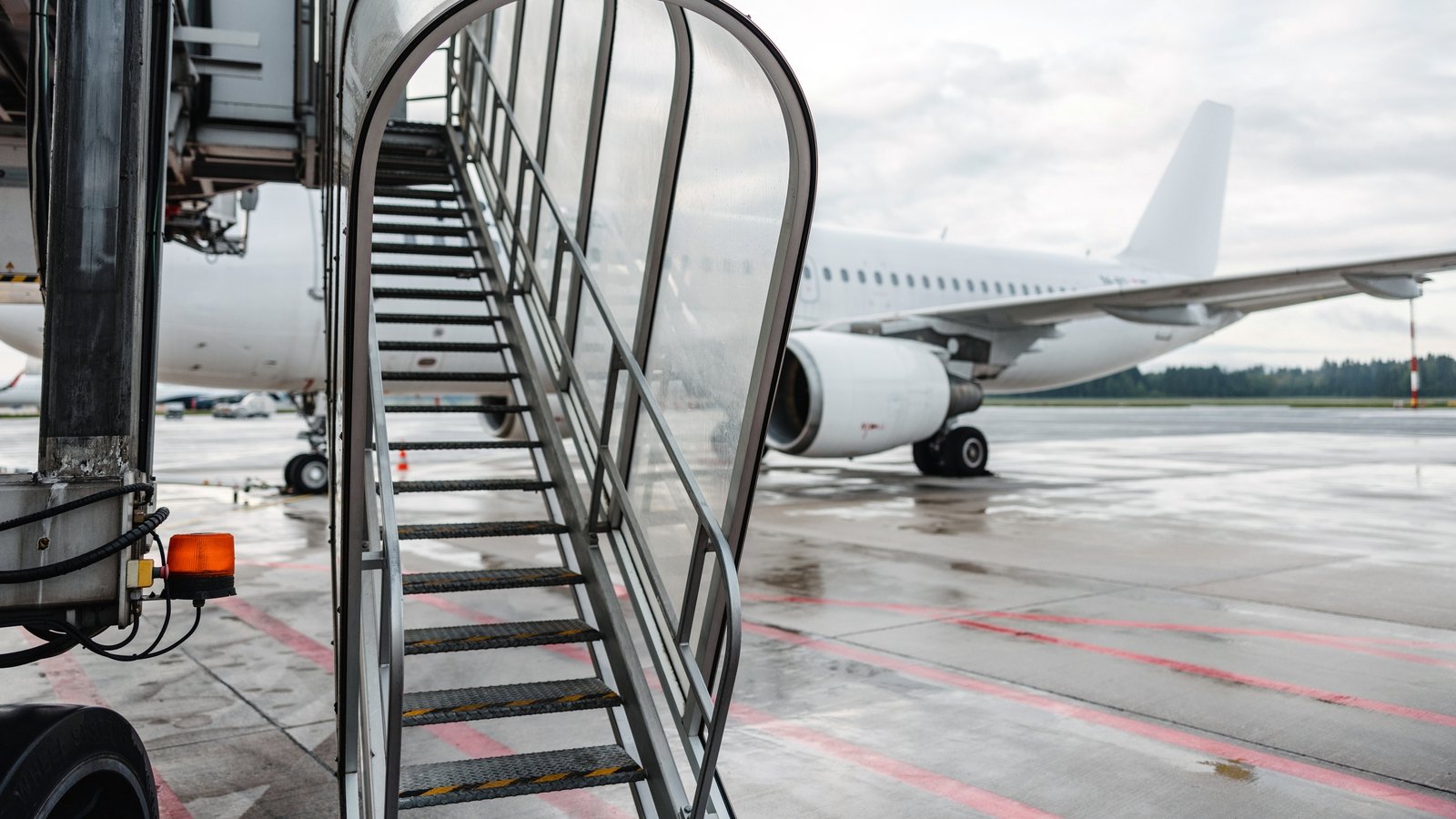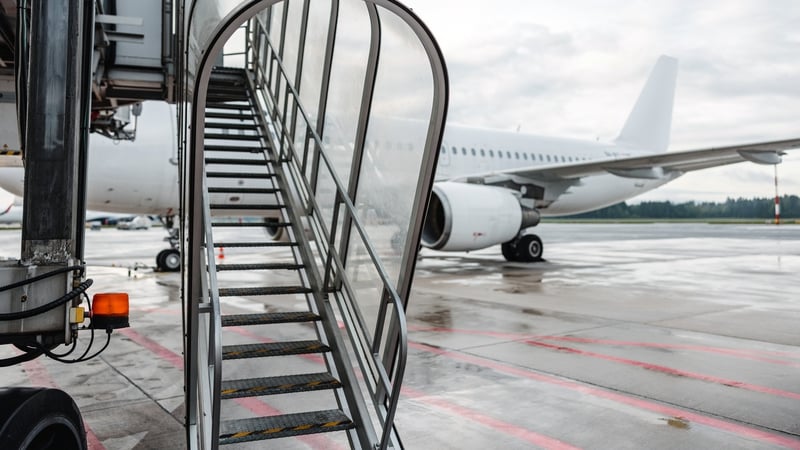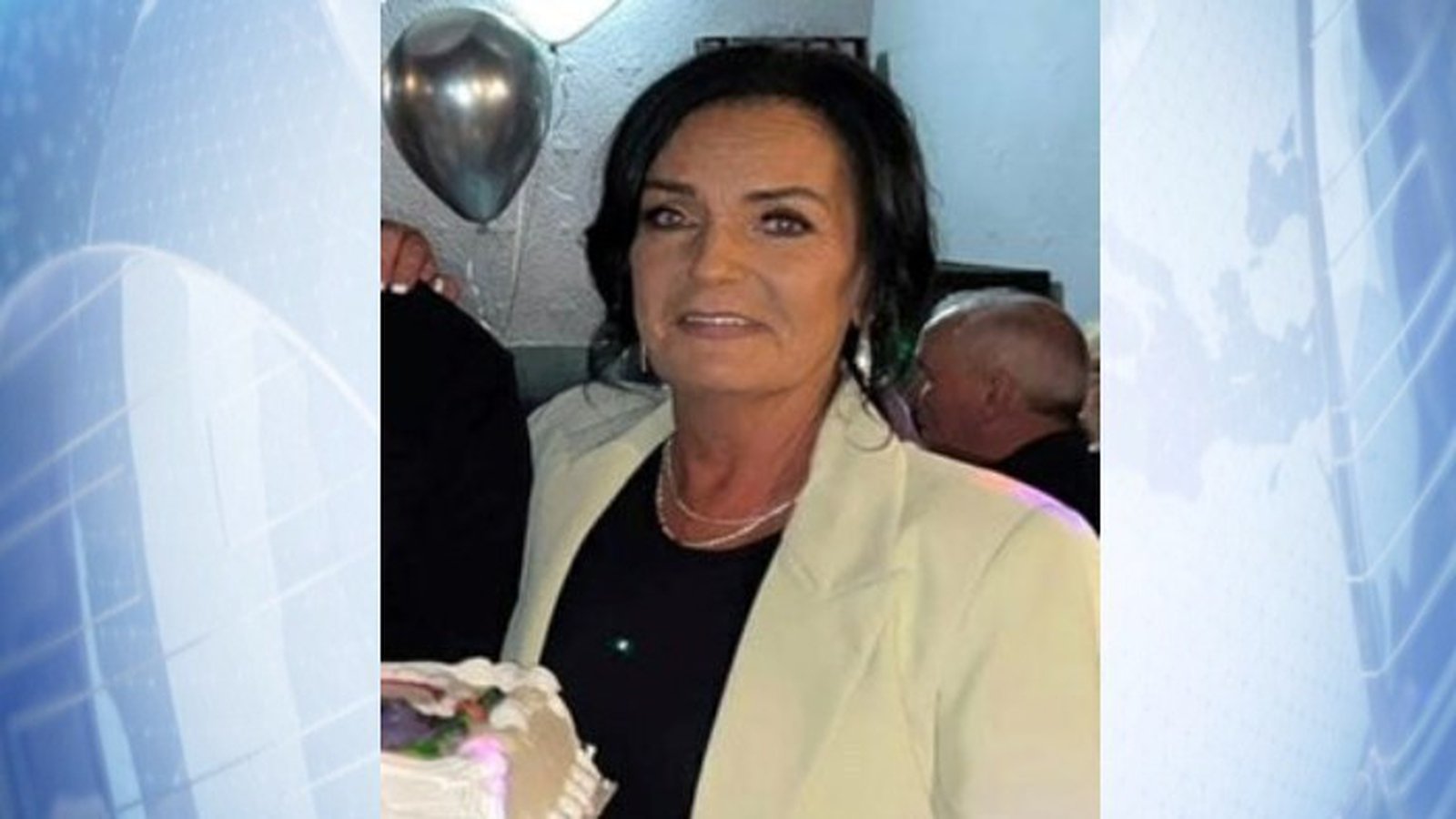Fine increase to curb ‘irregular migration’


Minister for Justice Helen McEntee has said bigger fines for airlines with passengers without valid travel documents was one of several actions to try and curb “irregular migration”.
The minister said she intends to increase the fines on carriers from the current maximum of €3,000 to €5,000 per passenger.
Speaking on RTÉ’s News at One, Ms McEntee said: “There is a legal obligation on our airlines to make sure that any person who gets onto a plane, any person that comes to this country, that they come with the appropriate documentation that they have a valid visa if that is what is required of them.
“So, what I am doing is placing and replacing an emphasis on the obligation that exists within our airlines and within the overall airlines system.”
She said people who arrive in Ireland are entitled to seek asylum without a passport or visa, but added that they cannot legally get on a plane and come to the country with incorrect documentation.
“It is a crime to come here or to get on a plane with false documents claiming to be someone else or to destroy your documents when you get here,” Ms McEntee said.
The minister plans to bring forward legislation to increase the penalties as part of a Miscellaneous Provisions Bill, which could be passed by the summer recess.
“The legislation which provides the obligations for carriers and the level of fines have been unchanged since 2003,” Ms McEntee said.
In a statement this afternoon the Department of Justice said Border Management Unit and Garda National Immigration Bureau carry out “doorstop operations at airplanes to target those who destroyed documents in-flight”.
“These are intelligence led operations based on trends observed by immigration officials,” the department said.
The practice of checking for passports on the steps of aircrafts was discontinued in 2020, but resumed last year in an attempt to address the number of asylum seekers arriving in the State without documentation.





